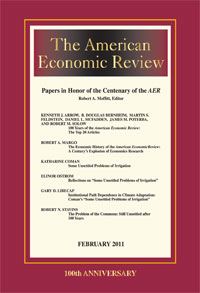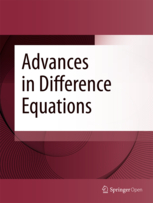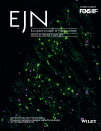 Citation omissions in an economics preprint have set off a wave of recrimination and speculation on a widely read economics discussion board.
Citation omissions in an economics preprint have set off a wave of recrimination and speculation on a widely read economics discussion board.
Commenters accuse the authors of purposely omitting citations that would have undermined the paper’s claims to novelty and contributions to the field, leveling acrimony and personal attacks. Economists Petra Persson at Stanford and Maya Rossin-Slater at the University of California, Santa Barbara told us they hadn’t been familiar with the omitted papers at the time they first posted their preprint, but their work remains distinct from these previous studies. Nevertheless, the two quickly updated the preprint of their paper – accepted by the top-tier economics journal American Economic Review – to include additional citations. An editor at the journal said it’s not unusual for authors to request such changes before publication, and dismissed the accusations made on the discussion board, calling the site “not a legitimate source of information.”
The study, “Family Ruptures, Stress, and the Mental Health of the Next Generation,” used data from Swedish national databases to compare mental health outcomes of people born to women who lost a relative while pregnant and women who lost a relative in the first year after giving birth. Continue reading Economists go wild over overlooked citations in preprint on prenatal stress
 If authors duplicate portions of their own work in multiple papers — such as descriptions of methods, a boilerplate background to their field, etc. — should that be considered misconduct?
If authors duplicate portions of their own work in multiple papers — such as descriptions of methods, a boilerplate background to their field, etc. — should that be considered misconduct?

 A court in Finland has ruled that universities must go through the court system if they want to revoke a degree.
A court in Finland has ruled that universities must go through the court system if they want to revoke a degree.

 The Guardian is
The Guardian is  Citation omissions in an economics preprint have set off a wave of recrimination and speculation on a widely read economics discussion board.
Citation omissions in an economics preprint have set off a wave of recrimination and speculation on a widely read economics discussion board.
